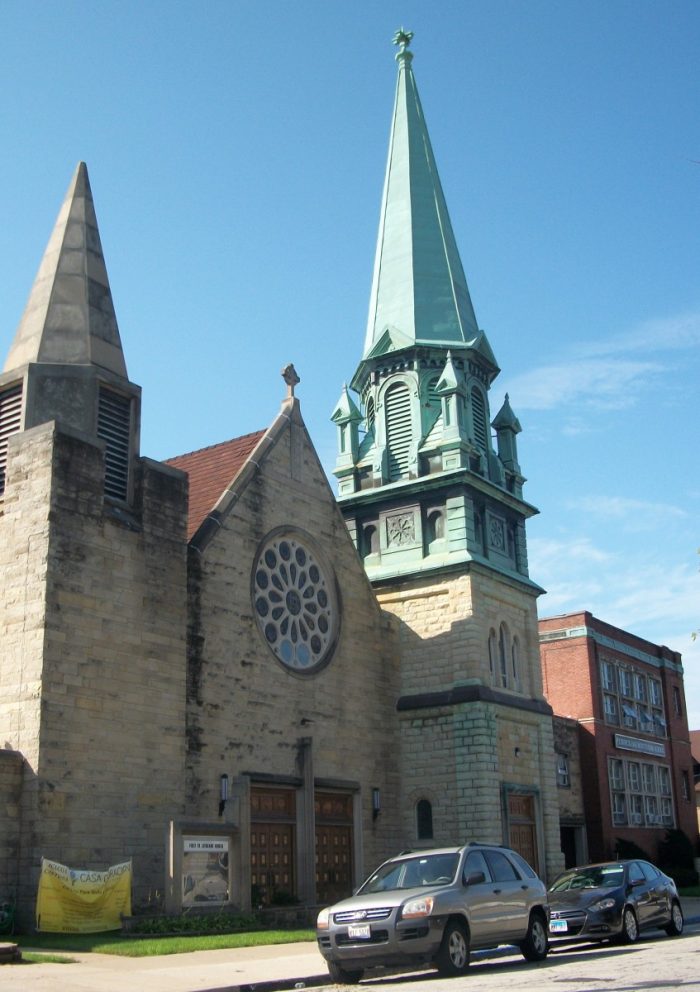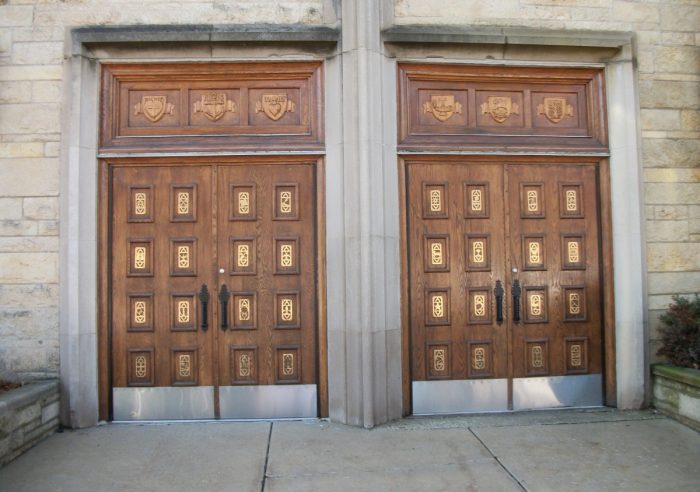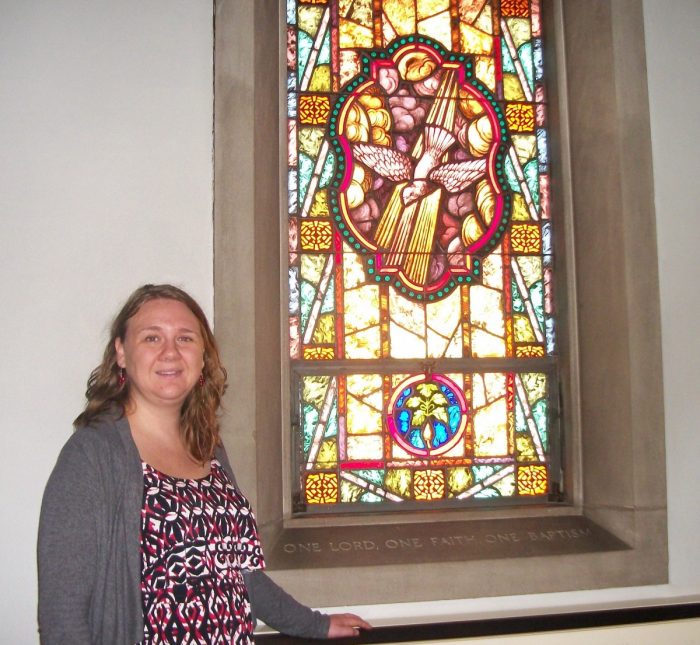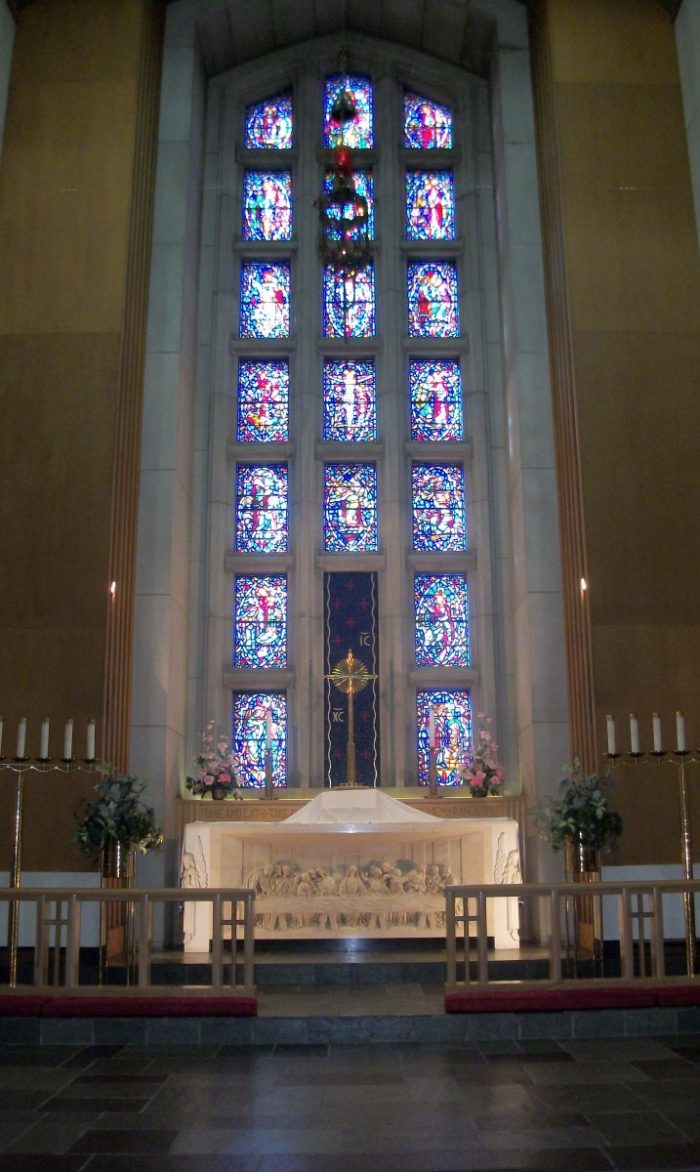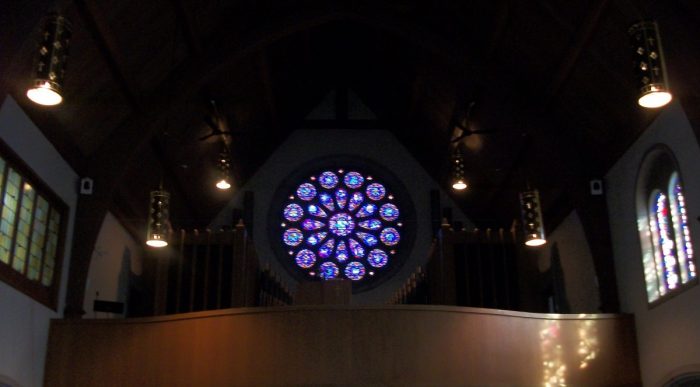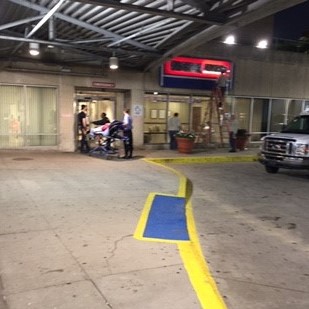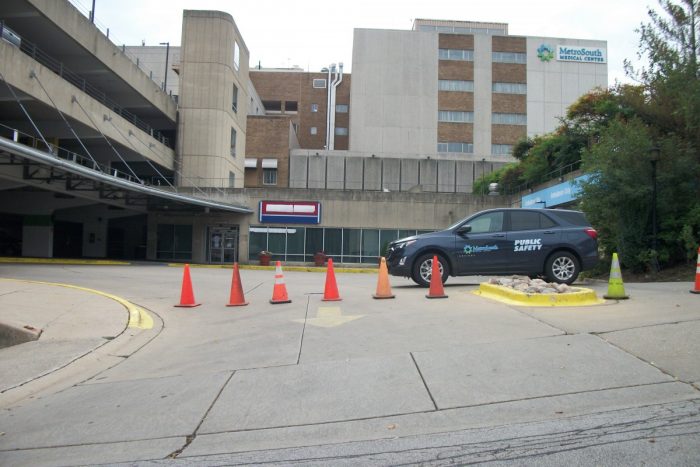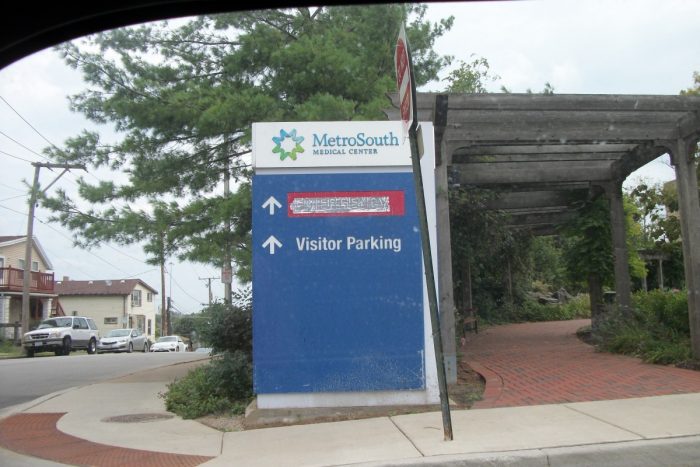
When I first saw the news reports of the recent coyote attacks in Chicago, I was hoping it would just be a couple of daily reports and something else would knock them off the headline, but no. It was escalating, which resulted in lots of people scrambling, media all over the place, police swarming the area, even a lockdown at a nearby school. We got to see a few coyotes, especially the one with an obvious paw injury who clearly needed medical attention.
I hoped all the commotion would cause the others to run for their lives.
It started when a dog was attacked, then another, then a child, and shortly thereafter, a man claimed to have been bitten by a coyote on the fanny (which was not confirmed by authorities as of this writing). Once the child was attacked, there was an all-out coyote hunt. The details were sketchy. The reports seemed like a boy and his mom were walking down a street when a coyote just came up and attacked. The only hint that something was amiss was they were near a nature museum.
The Peggy Notebaert Nature Museum has a woodsy trail; however, it is not clear if it was the same trail. According to the Chicago Sun-Times, the boy ran up a hill BY HIMSELF. He didn’t go far, but a coyote was nearby and they came “face to face.” That’s all it takes. That significant piece of information was not reported enough on TV news. (This is a headline ploy that media uses to get attention.) A coyote could take a kid down, however, if the adult was right there, the OBJECT of desire would have appeared more challenging to the coyote. Nature centers and forest preserves need to post signs that say something like, “You are a guest on property PRESERVED for wildlife. Respect it.”
Forest preserves have signs that warn, “Dogs Must Be Leashed,” however, many people don’t adhere. An unforgettable example was when a friend and I started a walk down a forest preserve trail. We soon spotted a coyote. It was awesome until we saw a young lady with a dog a short distance away. She reached down, took off the leash, and the dog took off like a shot. As soon as we caught up, I told her we just saw a coyote. She smilingly said, “Oh, I’m not afraid of them.” I said, “It’s not you the coyote wants, it’s your dog.” I hope that lady remembers this incident as I do, when we see such news stories.
The other innocents of this week-long ordeal were the dogs who were attacked. The first owner never had her dog on a leash. According to CBS news, she just let it out “to do its business,” when the coyote spotted it. The owner was surprisingly ignorant that coyotes lived in the city.
There are still many people out there that do not understand what happens when open land is developed for human occupancy. We understand recreational paths cutting through forest preserves but what about land that is not preserved? When we drive through an area like Palos with beautiful forestry on both sides, it’s the same principle. The highway is a cutting path. Urban sprawl, whether it’s housing or a shopping mall, forces wildlife into areas that used to be theirs. Coyotes are beneficial to the environment and provide a natural service of rat control in cities.
The other dog was attacked as the owner was ABOUT to put a leash on outside but a coyote reached the dog first. The owner should have had the leash on BEFORE going out. This reminds me of an incident with a neighbor. She was walking her dog on a long rope in one hand and a cell phone in another, yacking away. She was wearing sandals. What’s wrong with this picture? The dog had a shaved back with a big bandage on its back. She told me her dog was attacked by a Rottweiler. I gave her some safety tips but she always continued with the improper leash and shoes, and phone distraction.
Throughout the coyote-hunt, I only saw one humorous moment. A man was jogging along a path near the Shedd Aquarium with a coyote following a short distance behind. The police tried to get the man to stop and even used a loudspeaker but the man didn’t hear anything. Guess why? Yes, he was wearing ear buds and in a world of his own. Here is a partial transcript of the police dispatch exchange from CBS news (reported by Charlie De Mar):
Squad: “He’s actually going eastbound. We tried to alert the jogger with the loudspeaker but he has his earbuds on and he can’t hear us.”
Dispatch: “Coyote probably thinks he’s running with him, alright, we’re notifying animal control.”
Squad: “Do you have a description on this coyote?”
Dispatch: “Furry. Probably tan and black. Sharp teeth.”
Squad: “He’s chasing, he is chasing somebody, be advised he is jogging with them.
When the coyotes are calling, we need to listen! They are telling us something. Dog owners are parents of their dog. Without a leash, you have no control over the situation. This is why it’s against the law to have an unleashed dog in public. It should be enforced like child endangerment or people who violate railroad crossings. (Another example of how municipalities could bring in money by enforcing laws already on the books.)
Common sense includes the following:
Be aware of your surroundings at all times. Expect the unexpected. Have this mindset before going out for a walk. Don’t wear headsets and stay off the phone!
Use a proper leash. The longer the leash, the less control you have.
Wear proper attire.
Carry a deterrent spray, such as SprayShield Citronella, which is as effective as pepper spray or Mace, except without the harmful side effects. Carry a “bite stick” (something that will deliver a forceful strike) that is an appropriate length to match your size.
Avoid running if possible, during a coyote encounter or when other dogs are loose. It triggers the chase instinct. Show you are the dominant force.
For further information about living with coyotes, check out this link from Willowbrook Wildlife Center: https://www.dupageforest.org/plants-wildlife/wildlife/living-with-wildlife/coyotes
This article was published in the January 2020 issue of the Blue Island Forum Newspaper.


